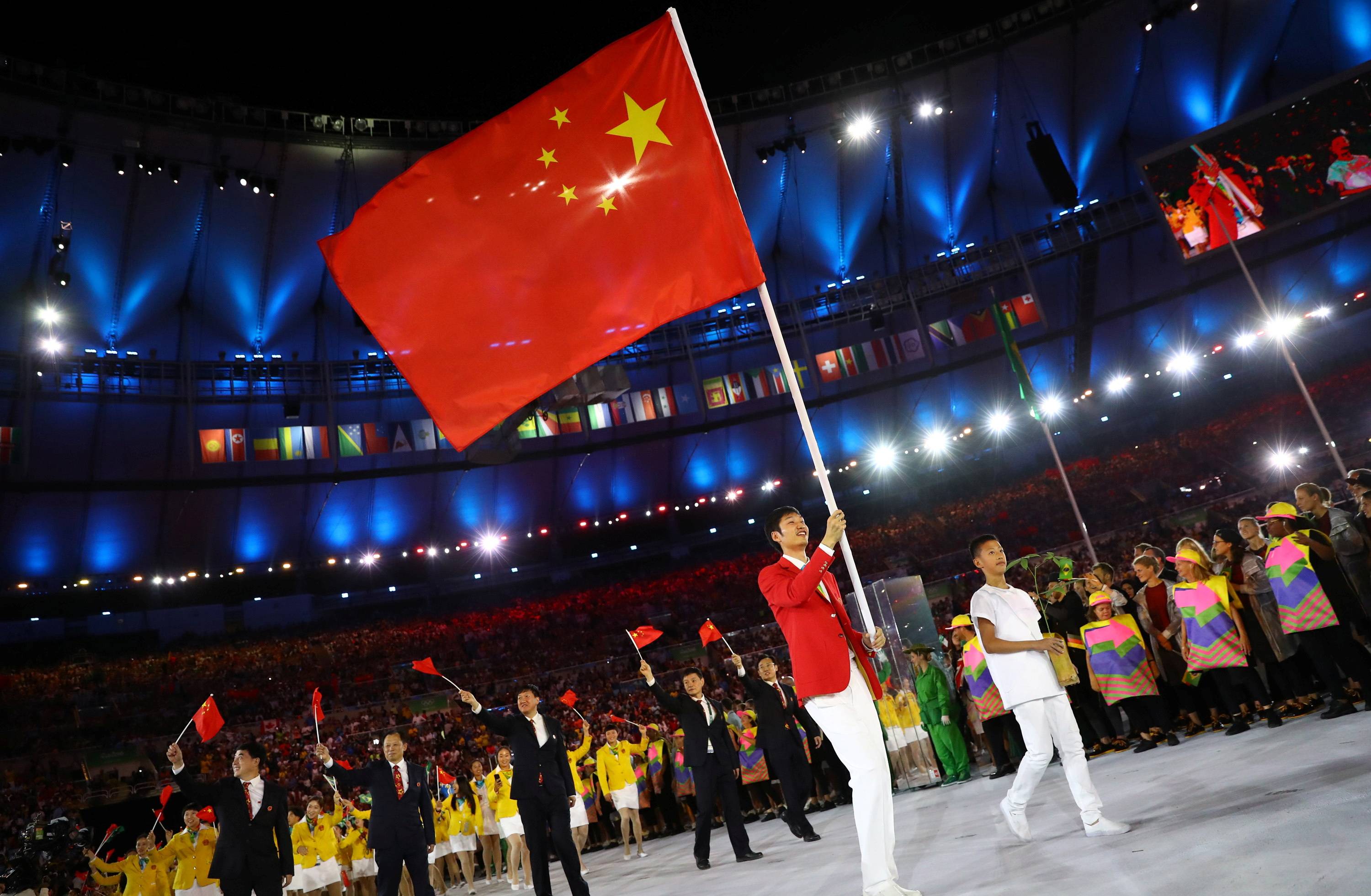Coronavirus has once and for all nixed spectator attendance at the 東京五輪 (Tōkyō Gorin, Tokyo Olympics), including the 開会式 (kaikaishiki, opening ceremony), save for a few 偉い人 (erai hito, bigwigs).
As much of a downer as the run-up to the オリンピックの開幕 (Orinpikku no kaimaku, start of the Olympics) has been, the simple concept of beginning can open up a treasure trove of useful Japanese.
Interestingly, neither of the primary two kanji that mean “beginning” are used in the word 開会式. The 開 (kai/hira/a) kanji does mean “opening,” though, and fits into a variety of useful words about beginning: 開会 (kaikai, opening), 開設 (kaisetsu, establishment/setting up), 開幕 (kaimaku, raising the curtain), 開始 (kaishi, start), 開催 (kaisai, holding or hosting) and 開かれる (hirakareru, to be open), are all used for the beginnings of different occasions.



















With your current subscription plan you can comment on stories. However, before writing your first comment, please create a display name in the Profile section of your subscriber account page.